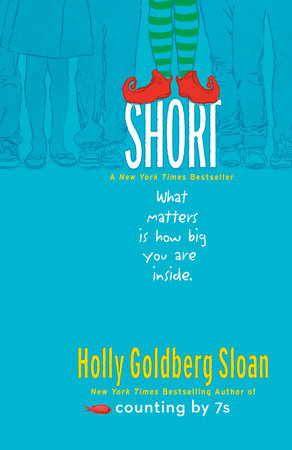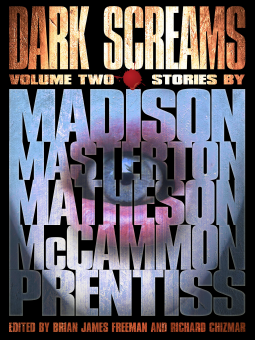One of the intriguing promises was the use (or abuse) of religion, but it was at best disappointing as the writer seemed unaware there's actually a whole philosophical/narrative thread behind people's beliefs. There are reasons why people believe what they believe. Every speaker at that two-dimensional cardboard cut-out religious conference would have been analyzed and picked apart, critiqued by a host of religious leaders--on TV, on the radio, on the internet.
Where characters like Starlight eventually wind up with their beliefs matters less than presenting coherent belief systems--that is, when we're talking objectivity and aesthetics which, of course, differs from personal beliefs. This is something that people have lost the ability to do--to separate art from belief. That inability leads to a loss of objectivity. A loss of objectivity also leads to a less meaningful critique of the art. To critique "X," you have to inhabit X. You have to put it within its proper context. Otherwise, you're critiquing either nothing or something else entirely (hence, the new addendum I added above, so I wouldn't have to repeat myself).
Now if Starlight has been involved with religion, she would have to know the philosophical and narrative framework of that religion. She would speak to that framework. She'd work within and/or against that framework. If she doesn't, it's like being thirteen and claiming to have been at Woodstock. As is, it is impossible to believe anyone at the conference has anything but a superficial knowledge of religion.
It's like putting cacti, camels, mirages, sand dunes and horse chases in the middle of New York City and pretending it's a serious critique of today's NYC. It doesn't make sense.
To critique a thing, you have to understand it. Remove the proper context, you remove the critique.
(This is not to say that morals are not important, but you can't discuss art meaningfully unless it's on a level playing field, with terms people agree upon. You can't communicate unless people are speaking the same language. Otherwise, the quality of art would depend solely on whether it matches your particular belief system, which may change.)
Still, I finished the season. Hopefully, if they do anything more with religion, it will make sense.










